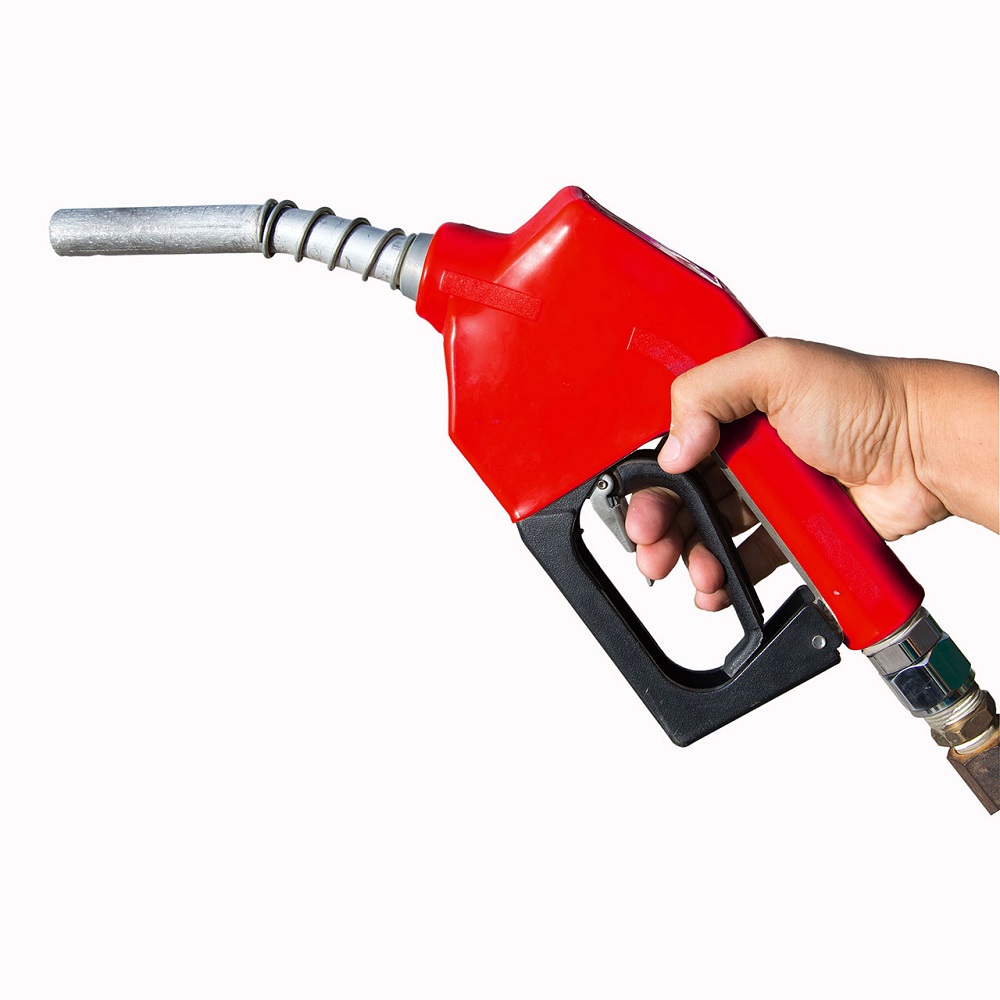Introduction to Unleaded Petrol
The Evolution of Fuel Standards
The history of petrol is intertwined with technological advancements in the automotive industry. Initially, leaded petrol was a popular fuel choice due to its ability to improve engine performance and reduce knocking. However, environmental concerns and public health issues related to lead exposure led to the gradual phase-out of leaded petrol. In the 1970s, unleaded petrol emerged as a safe and effective alternative. This shift marked a significant turning point in fuel standards, leading to the widespread adoption of unleaded petrol in modern engines.
What is Unleaded Petrol?
Unleaded petrol, also known as gasoline, is a type of fuel utilized in internal combustion engines. Unlike leaded petrol, which contains tetraethyl lead as an additive, unleaded petrol is formulated without harmful substances. Instead, it consists of hydrocarbons derived from crude oil, along with certain additives to enhance performance. Unleaded petrol is recognized for its lower environmental impact while maintaining compatibility with contemporary vehicles. Its development has paved the way for cleaner-burning fuels that contribute to reduced emissions in the automotive sector.
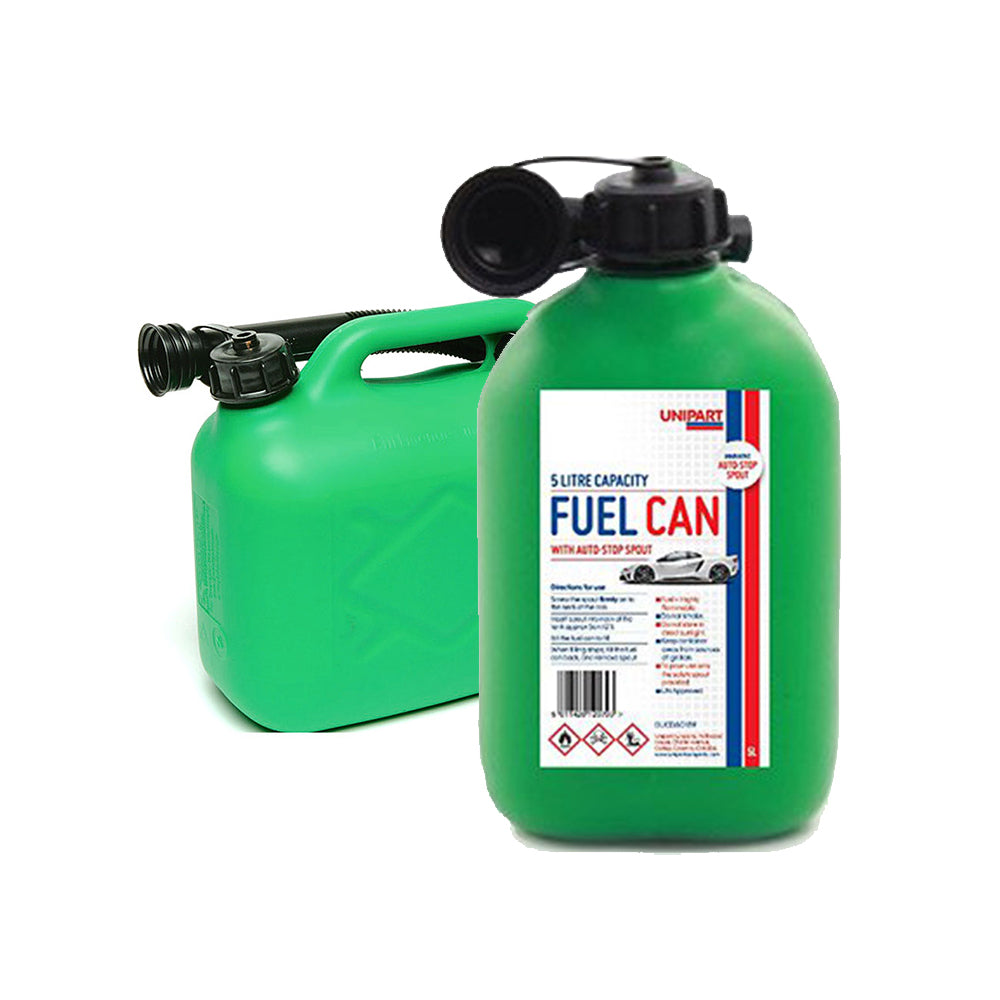
The Importance of Fuel Choices
Understanding the type of fuel used in vehicles is crucial for any car owner. The right fuel can significantly impact engine performance, longevity, and environmental sustainability. As the automotive landscape evolves with developments in technology, fuels must also adapt to complement modern engines. Choosing unleaded petrol is essential not only for optimal engine function but also for promoting cleaner air and reduced pollution. This understanding highlights the need for conscious fuel choices to support both personal vehicle performance and broader environmental goals.
Benefits of Unleaded Petrol
Environmental Advantages
One of the foremost benefits of unleaded petrol is its environmental impact. The absence of lead in the fuel means there are significantly fewer toxic emissions released into the atmosphere. Lead is a hazardous substance that can lead to serious health issues, including neurological damage. The transition to unleaded petrol has contributed to improved air quality in many areas. Furthermore, unleaded petrol typically burns cleaner than its leaded counterpart, resulting in fewer harmful byproducts. This shift represents a critical step in creating a healthier environment for everyone.
Compatibility with Modern Engines
Unleaded petrol is specifically designed to meet the requirements of modern engines. Contemporary vehicles are engineered with materials and components that can effectively utilize unleaded fuels. Ethanol blends, often found in unleaded fuels, serve as octane boosters that improve performance without damaging engine components. The compatibility of unleaded petrol with modern engines decreases the likelihood of issues such as engine knocking and excessive wear. As a result, drivers can enjoy a smoother driving experience without concerns about fuel-related damage.
Higher Octane Ratings
Unleaded gasoline is available with various octane ratings, offering choices to meet different engine requirements. Higher-octane unleaded gasoline can improve engine performance and fuel efficiency, especially in sports cars and high-performance vehicles that benefit from optimal combustion. These fuels burn more efficiently, resulting in increased power output, smoother operation, and reduced engine strain. By selecting unleaded gasoline with the appropriate octane level for your vehicle, drivers can experience enhanced acceleration, better responsiveness, and an overall improved driving experience.
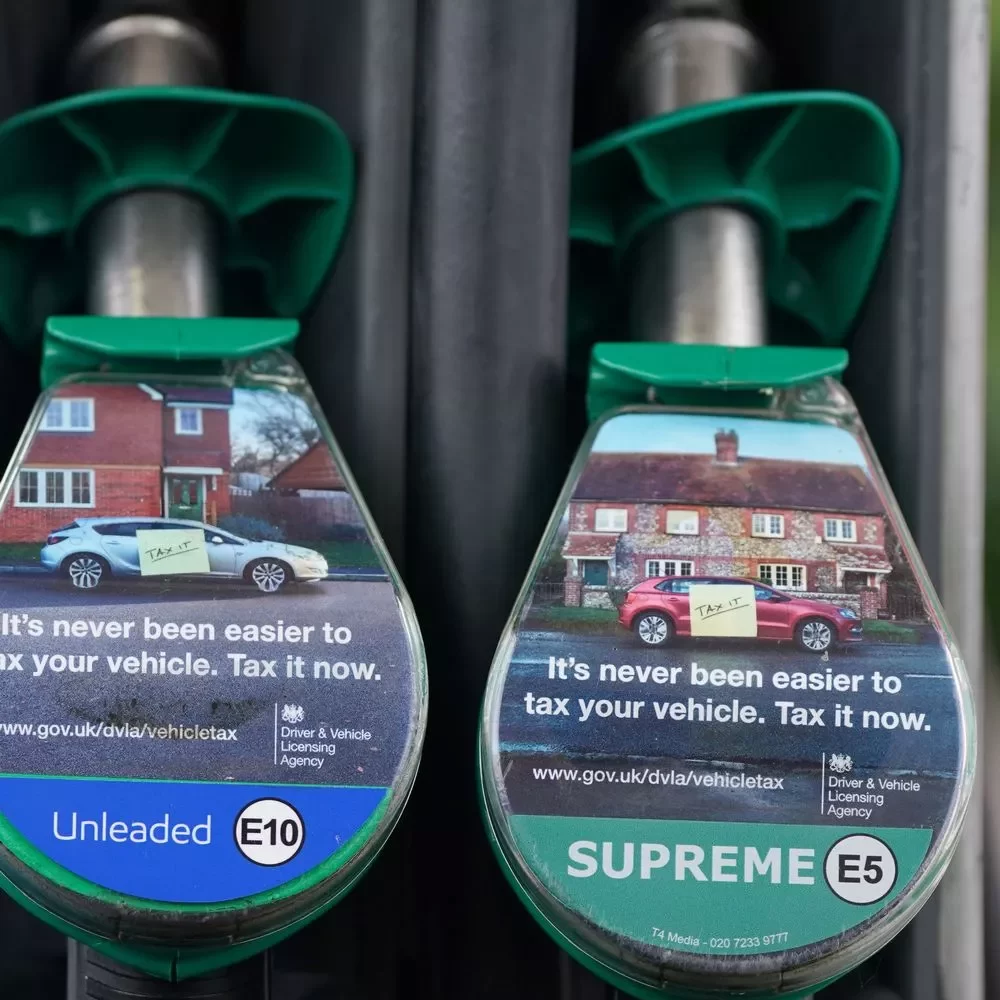
Economic Considerations
Cost-Effectiveness
Choosing unleaded petrol can be a cost-effective option for vehicle owners. While unleaded petrol may initially appear more expensive than leaded petrol did when it was widely used, the long-term benefits can outweigh these costs. Vehicles running on unleaded petrol typically experience better fuel efficiency and reduced maintenance needs. This enhanced performance means drivers may spend less on fuel overall and incur fewer repairs related to fuel quality issues. Ultimately, the shift to unleaded petrol can contribute to savings in the long run.
Fuel Economy and Efficiency
Unleaded petrol’s formulation often includes additives that improve fuel economy. These additives help engines operate more efficiently by reducing friction and facilitating cleaner combustion. Improved fuel efficiency translates to fewer trips to the gas station and lower overall fuel expenses. Many drivers are becoming increasingly aware of the importance of choosing a fuel that provides optimal efficiency while meeting their driving needs. Unleaded petrol effectively addresses these concerns, making it an attractive choice for a wide range of vehicles.
Supporting the Economy
The widespread use of unleaded petrol supports various industries and job sectors. As consumers shift their preferences toward unleaded fuels, retailers, refineries, and distributors adapt to meet these demands. Investment in cleaner fuel technologies provides opportunities for innovation in the energy sector. Moreover, by promoting the use of unleaded petrol and cleaner fuels, we contribute to a more sustainable economy that focuses on environmental responsibility. This shift is crucial in addressing larger societal goals related to energy use and sustainability.
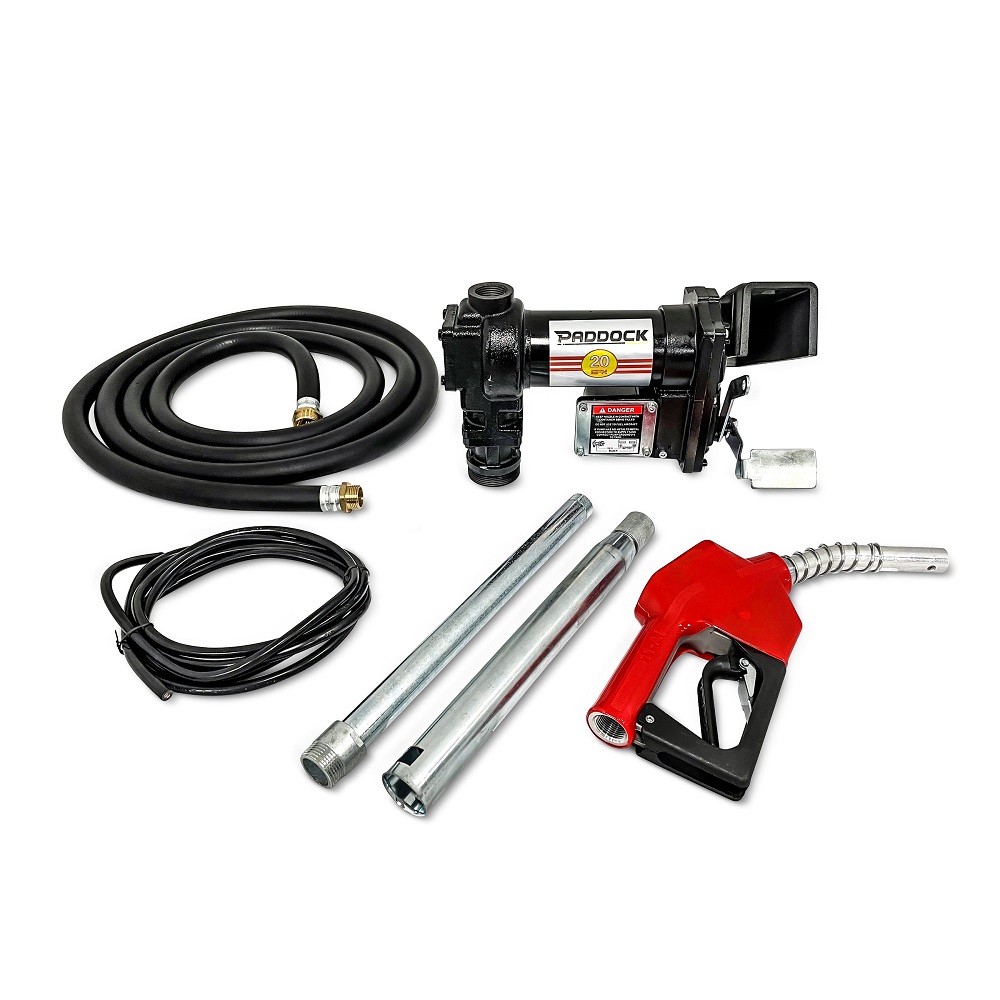
The Role of Regulations in Fuel Standards
Government Regulations and Standards
Government regulations play a significant role in shaping the fuel industry and promoting the use of unleaded petrol. Various regulations surrounding emissions, health standards, and fuel composition ensure that only safe and environmentally sound products reach consumers. The Environmental Protection Agency (EPA) in the United States, for example, enforces strict guidelines to limit the use of harmful substances like lead. Such measures have been instrumental in the successful transition to unleaded petrol and the overall improvement of air quality. These regulations ensure that all drivers have access to cleaner and safer fuel options.
Advances in Fuel Technology
The transition to unleaded petrol has spurred advancements in fuel technology. Research and development aim to create fuels that produce fewer emissions and increase efficiency without sacrificing performance. Innovations such as ethanol-blended unleaded fuels have gained popularity, supporting sustainability goals while enhancing combustion processes. Continuous improvement in fuel technologies allows the automotive industry to evolve alongside the demands of consumers and regulatory bodies. This progress ensures that the market can adapt to future environmental challenges and consumer preferences.
The Future of Fuel Standards
As we look toward the future, it’s essential to anticipate advancements in fuel standards and practices. With an increasing emphasis on sustainability and reducing carbon footprints, the role of unleaded petrol may evolve further. Future development may lead to alternative fuel blends or entirely new fuel types designed to enhance environmental performance. Adaptation to cleaner, renewable sources of energy will continue to influence regulatory standards and consumer choices. By focusing on developing fuels that are kinder to the environment, the automotive industry can pave the way toward a more sustainable future.
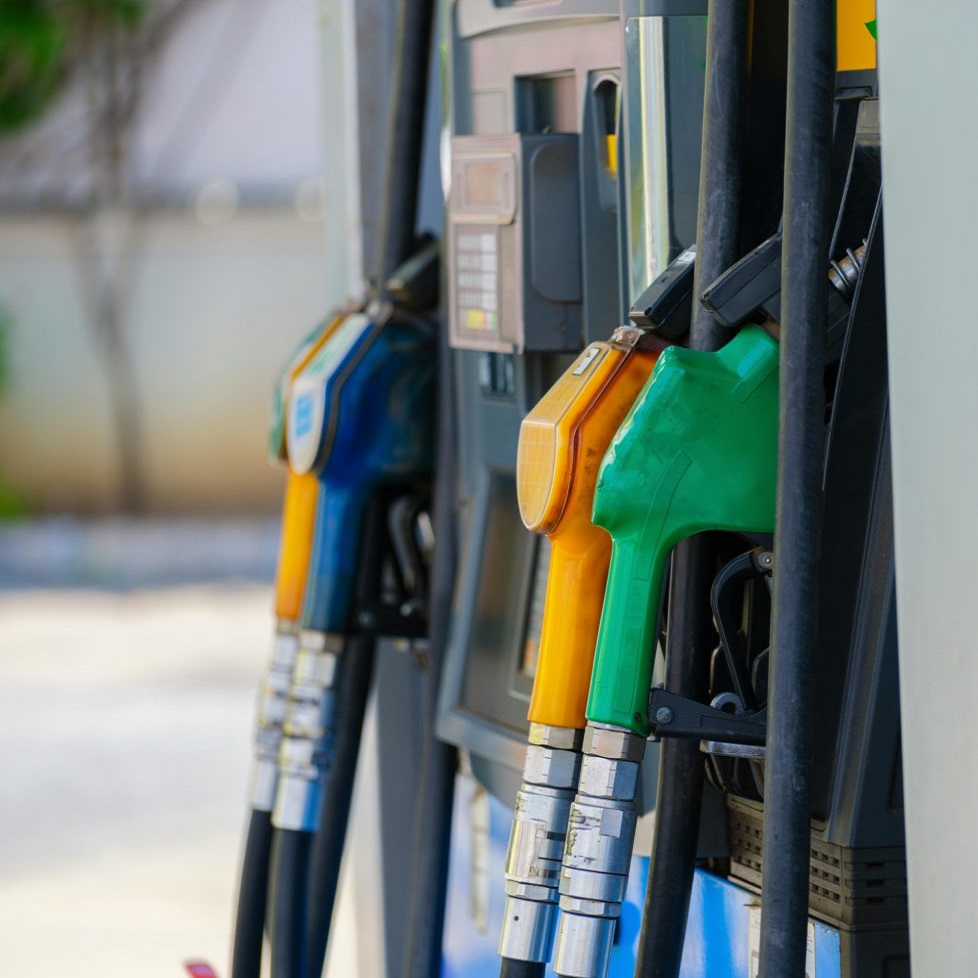
Factors to Consider When Choosing Fuel
Vehicle Manufacturer Recommendations
When selecting fuel for your vehicle, it is essential to consider the manufacturer’s recommendations. Each vehicle is engineered to perform best with specific fuel types, grain blends, and octane ratings. Consulting the owner’s manual can provide guidance on the ideal fuel choices for your particular make and model. Following these recommendations helps ensure optimal performance and efficiency in your vehicle’s engine, allowing you to enjoy the full potential of your car while protecting its longevity.
Driving Conditions and Habits
Your driving habits and conditions can also dictate the best fuel choice. If you frequently engage in stop-and-go traffic, a fuel that promotes smoother idling might be essential. Alternatively, if you drive long distances or often tackle steep hills, a higher-octane fuel may be beneficial. Evaluating how you use your vehicle can help you choose the right unleaded petrol to suit your needs. This attention to detail ensures that the fuel you use works with your driving style for the best performance outcomes.
Price vs. Quality
When considering unleaded petrol options, balance price and quality. While lower-priced fuels may seem attractive, it’s important to remember that the cost of fuel can impact engine performance and longevity. Always look for fuel that meets industry standards and is appropriate for your vehicle. Investing in higher-quality fuels may lead to better performance and fewer long-term vehicle issues, ultimately saving money on maintenance and repairs. Finding a balance between quality and price will help you maintain your vehicle more effectively.
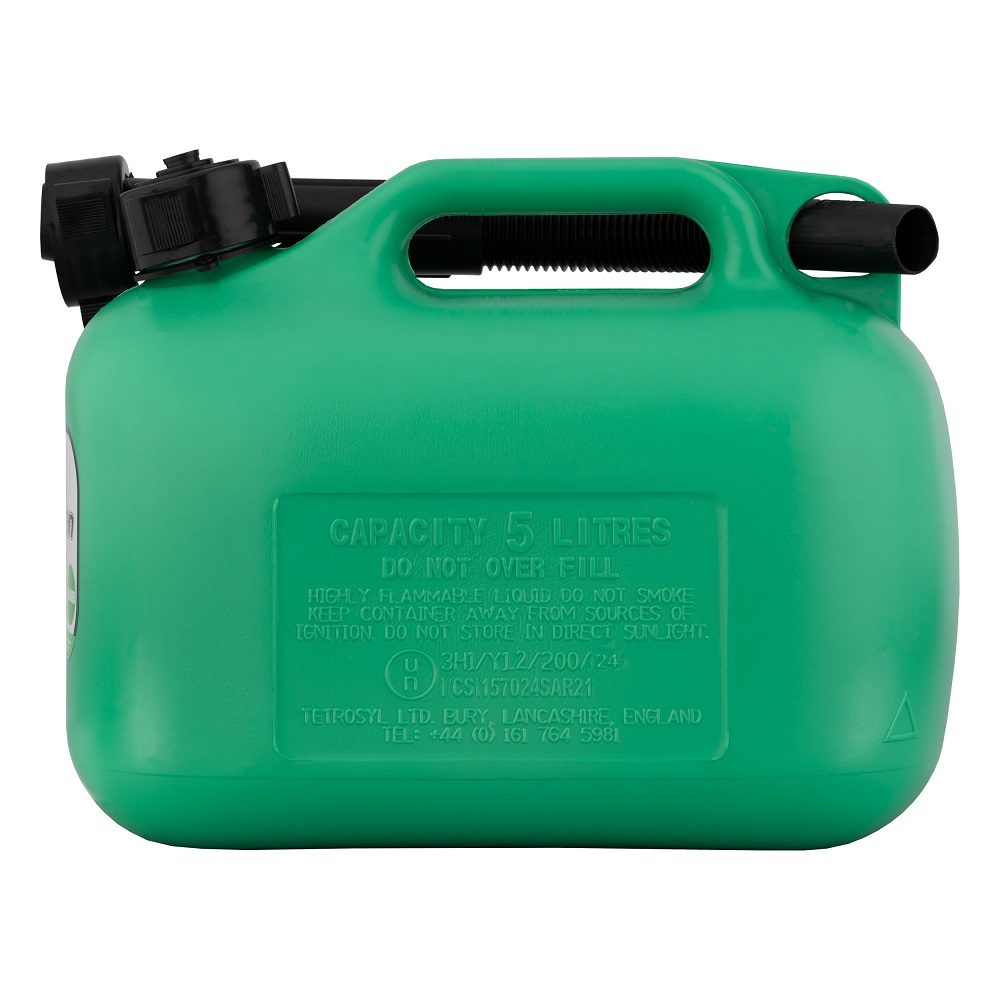
Conclusion: The Importance of Unleaded Petrol for Modern Engines
Emphasizing Eco-Friendliness
In conclusion, unleaded petrol plays a vital role in supporting modern engines and promoting environmental sustainability. The transition from leaded to unleaded fuels has significantly improved air quality and reduced harmful emissions. Moreover, testing and continuing innovations in fuel formulations support the industry’s efforts toward cleaner, safer fuels. As consumers, making informed choices directly contributes to environmental conservation efforts and sends a message about the importance of eco-friendliness in our daily lives.
The Road Ahead for Fuel Choices
With ongoing developments in fuel technology and regulations, the future of unleaded petrol looks promising. Continued focus on improving fuel efficiency and reducing emissions will likely lead to exciting advancements. Emphasizing innovation is crucial as the automotive industry confronts new challenges related to sustainability. As consumers, the choices we make today will shape the landscape of our fuel options for tomorrow, enabling us to support a cleaner, greener world.
Your Role as a Responsible Driver
Ultimately, the responsibility lies with each driver to choose the best fuels for their vehicles while considering the larger impact on the environment. By understanding the role of unleaded petrol and the characteristics that define suitable options, you can enhance your vehicle’s performance and support cleaner energy initiatives. Together, we can drive change and make a positive impact through our choices. So, the next time you fill up or consider your fuel options, remember the importance of unleaded petrol in promoting optimal performance and sustainability!
